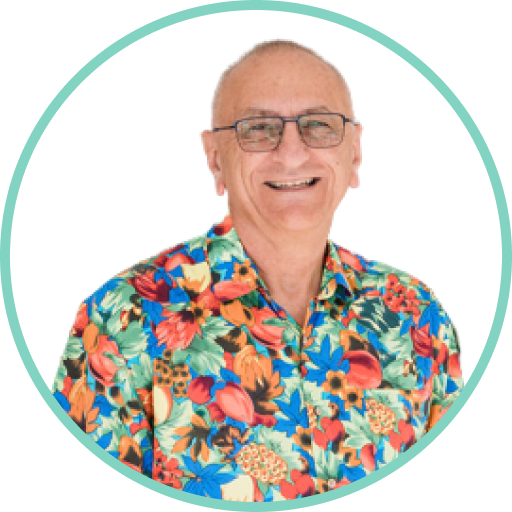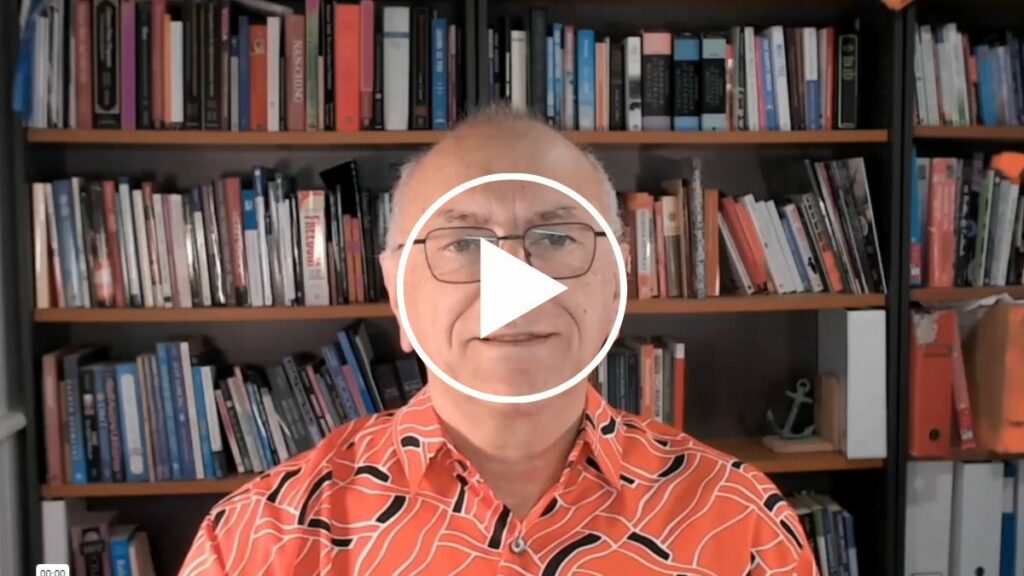In recent years, there’s been a growing fascination with the ancient practice of acupuncture as a potential game-changer in the realm of mental health. People are increasingly curious about the needles that have been a staple in traditional Eastern medicine for centuries, wondering if they can offer relief for modern challenges like anxiety and depression.
However, this interest isn’t without its skeptics. Some people question whether acupuncture is a reliable treatment for mental health, raising eyebrows and demanding more proof. It’s understandable, given the unfamiliar nature of the practice to many in the Western world.
Yet, there’s a unique opportunity here – a chance for Acupuncture Practitioners and medical doctors to team up. By combining the wisdom of Eastern traditions with Western medical practices, a powerful collaboration can emerge.
Together, we can bridge the gap between skepticism and acceptance, offering a more comprehensive and integrated approach to mental health treatment. It’s not just about needles but building bridges and creating a holistic path to wellness that draws on the strengths of both worlds.
Rise of Acupuncture in Mental Health Treatment
Centuries ago, acupuncture emerged as a healing modality in the heart of Eastern medicine. Picture ancient sages in China discovering that placing tiny needles strategically could harmonise the body’s energy, promoting health and balance. It was like a timeless secret passed down through the ages and generations.
As time passed, this Eastern gem found its way to Western countries. At first, people were skeptical, unsure about the role of these tiny needles in healing mental health. However, as stories of relief and well-being spread, a shift occurred. Acupuncture wasn’t just seen as an Eastern mystery – it became a global ally in the battle against mental health challenges. Slowly but surely, Western countries opened their minds to these ancient techniques, realizing their potential for mental wellness.
Fast forward to today, many studies have found acupuncture to be a proven strategy to combat mental health problems like anxiety and depression. Some of these include a 2014 study that showed the group who received acupuncture had a significant improvement in their state anxiety scores as compared to the waiting list group — and a 2013 review of clinical applications concluding acupuncture to be an “effective, safe, and well-tolerated monotherapy for patients with depression.”
Understanding Skepticism Towards Acupuncture

Despite these notable findings, most Western medical cultures remain skeptical of acupuncture for anxiety and depression. One of the possible reasons is that they are more familiar with using traditional medications to treat ailments. The reliance on established pharmaceutical practices overshadows the trust in this ancient, alternative approach.
Another reason is that acupuncture’s roots date back to a time when modern science didn’t even exist, which can create a disconnect between it and Western medicine, which traditionally leans on contemporary evidence-based methods.
It’s completely okay to be skeptical about acupuncture, and many share those reservations, both in the medical community and the public. Acknowledging skepticism is natural, especially when it comes to exploring unconventional methods. However, it’s essential to highlight that acupuncture has shown minimal to no adverse effects.
In fact, it offers a gentle alternative, and openness to diverse treatments can lead to discovering new avenues for well-being. Embracing a cautious curiosity allows for a broader understanding, and sometimes, the most unexpected practices can bring comfort and relief. There’s no harm in exploring options, and acupuncture’s safety record makes it a worthwhile consideration in the journey toward holistic health.
What Can We Do?
Although skepticism around the discussion of acupuncture can come up, it doesn’t mean that there’s nothing we can do. Acupuncture Practitioners play a crucial role in bridging the gap between acupuncture and medical practices. Here’s what we can do:
Initiate Open Communication
Begin by initiating open and respectful communication with medical doctors. Express your willingness to collaborate and share insights. Building a foundation of trust starts with fostering an environment where ideas and perspectives can be freely exchanged.
Present Evidence and Research
Arm yourself with compelling evidence. Share relevant research studies, scientific articles, and case studies that highlight acupuncture’s efficacy in treating depression and anxiety. Make this information accessible and understandable to medical professionals, showcasing the credibility of acupuncture as a valuable therapeutic option.
Collaborative Workshops and Training

Propose collaborative workshops or training programs. This platform allows both Acupuncture Practitioners and medical doctors to share their expertise. Demonstrate acupuncture techniques, explain the philosophy behind them, and provide practical insights into how acupuncture can complement existing mental health treatments.
Highlight Patient Success Stories
Humanize the impact of acupuncture by sharing patient success stories. Document and present cases where acupuncture played a significant role in improving mental health. Personal narratives can be persuasive tools to help medical doctors see the real-world benefits of acupuncture in action.
Discuss Suggestions or Recommendations
Make suggestions of complementary approaches for holistic care that illustrate how acupuncture can be seamlessly integrated with traditional treatments. By actively involving medical doctors in tailoring treatment plans that align with patient preferences, Acupuncture Practitioners create a more personalized and patient-focused approach. This collaborative effort not only respects patient autonomy but also reassures medical professionals that acupuncture complements Western practices without compromising standards.
Address Concerns and Questions
Be prepared to address any concerns or questions medical doctors may have. This could include clarifying misconceptions, explaining the safety of acupuncture, and discussing how it can complement existing treatment plans without compromising medical standards.
Establish a Professional Network
Work towards establishing a professional network where Acupuncture Practitioners and medical doctors can regularly exchange ideas. This ongoing dialogue helps build trust, foster collaboration and keeps both parties informed about advancements in their respective fields.
Offer Additional Resources
Extend the collaboration by offering additional resources to medical doctors. Providing supplementary materials such as literature, studies, and educational content helps enhance medical doctors’ understanding of the benefits of acupuncture. This extra information serves as a valuable reference, aiding medical professionals in staying informed and reinforcing the evidence supporting acupuncture’s role in mental health.
By offering a wealth of resources, Acupuncture Practitioners demonstrate commitment to transparency, education, and ongoing collaboration, further strengthening the bridge between acupuncture and mainstream medical practices. Through collaboration, we strengthen trust within the medical community, all for one purpose – consistently offering our patients the care they truly deserve.
Closing the Gap for Better Patient Care

In the journey to boost mental health care, Acupuncture Practitioners and medical doctors unite. Their collaboration isn’t just about closing gaps – it’s a continuous effort to enhance patient well-being. Working together creates a dynamic blend of Eastern and Western approaches, offering patients the best of both worlds.
This integration doesn’t just address mental health — it elevates it. By combining our efforts, we can pave the way for improved outcomes, proving that when ancient wisdom and modern science join forces, the potential for healing is boundless. It’s a shared commitment to evolving patient care, ensuring every individual’s mental health journey is met with comprehensive and effective support.
DID YOU LIKE THIS ARTICLE? YOU MIGHT ALSO LIKE:
Healing the Healer: A Guide to Self-Care Strategies for Acupuncturists
Acupuncture: Your Key to a Life Restored, Naturally
My Journey Into Transformational Acupuncture





